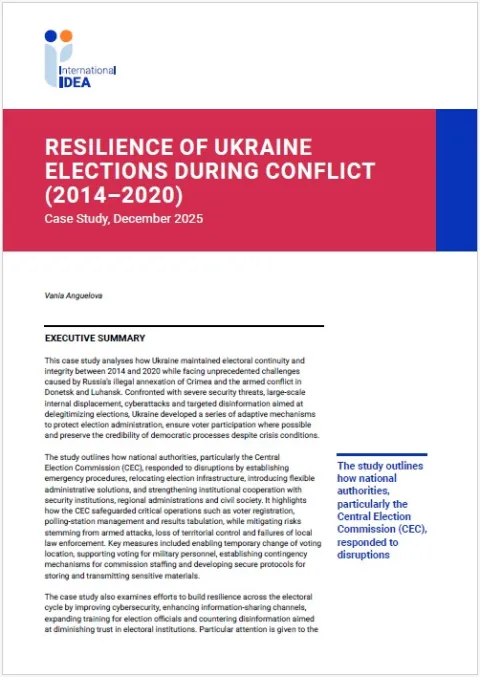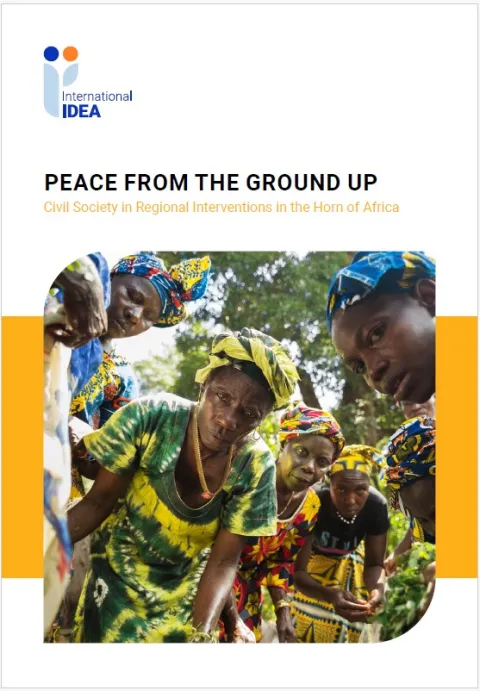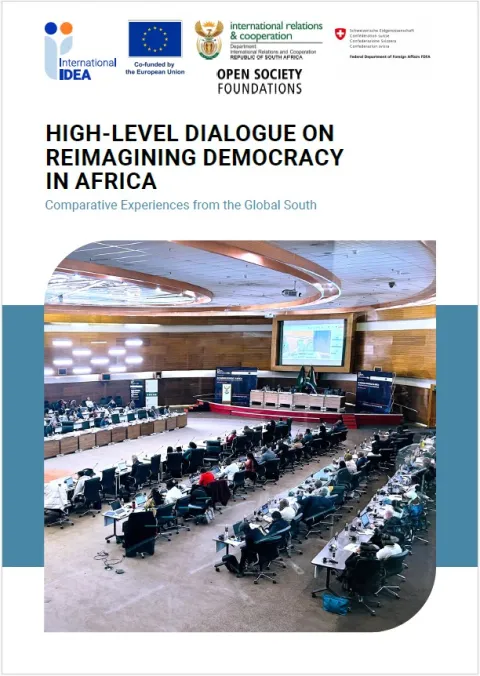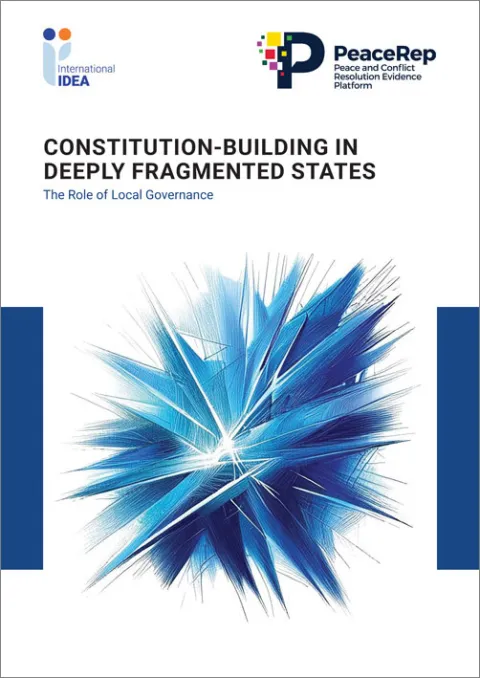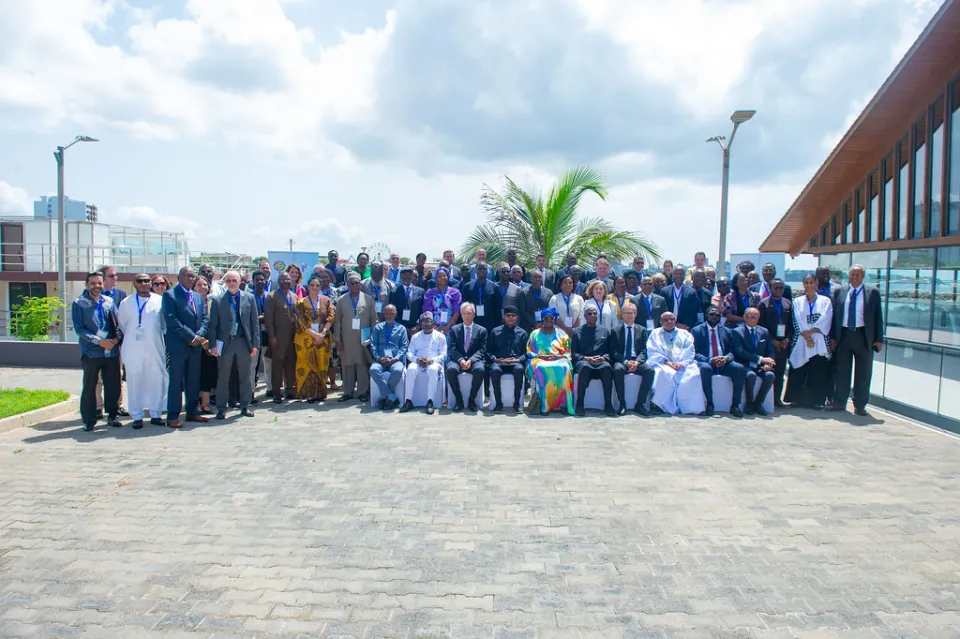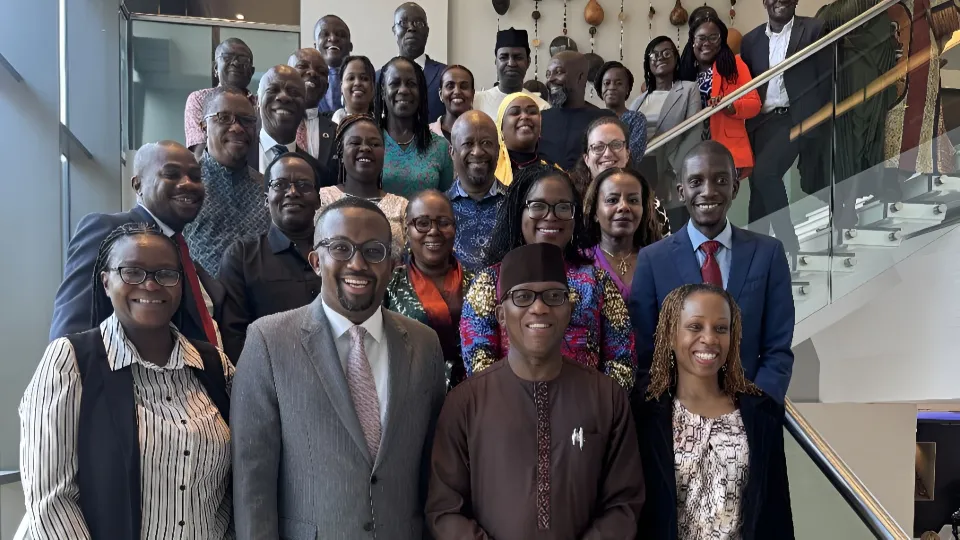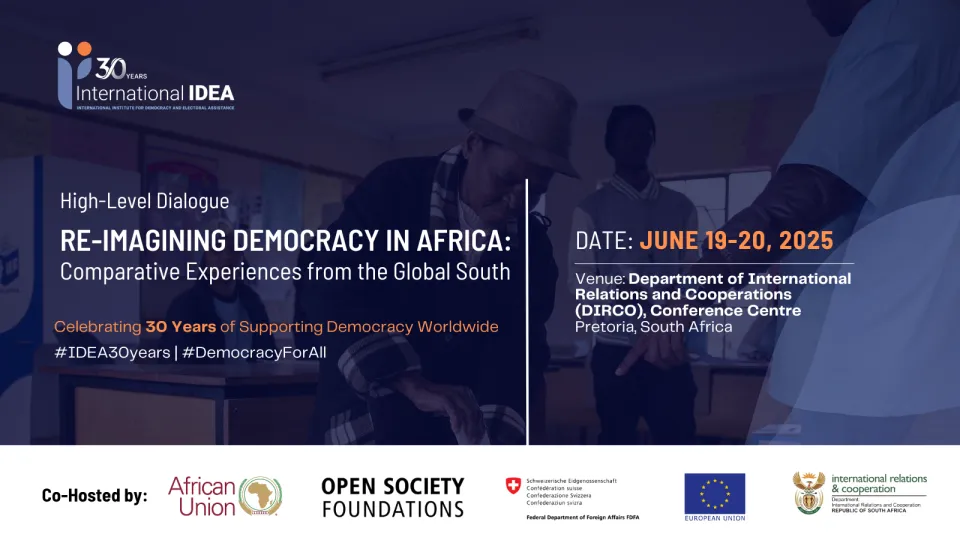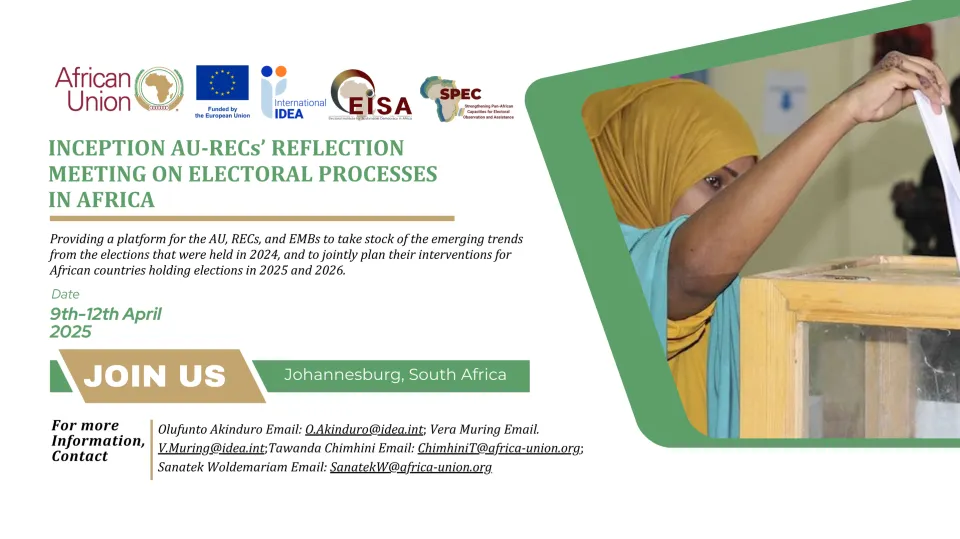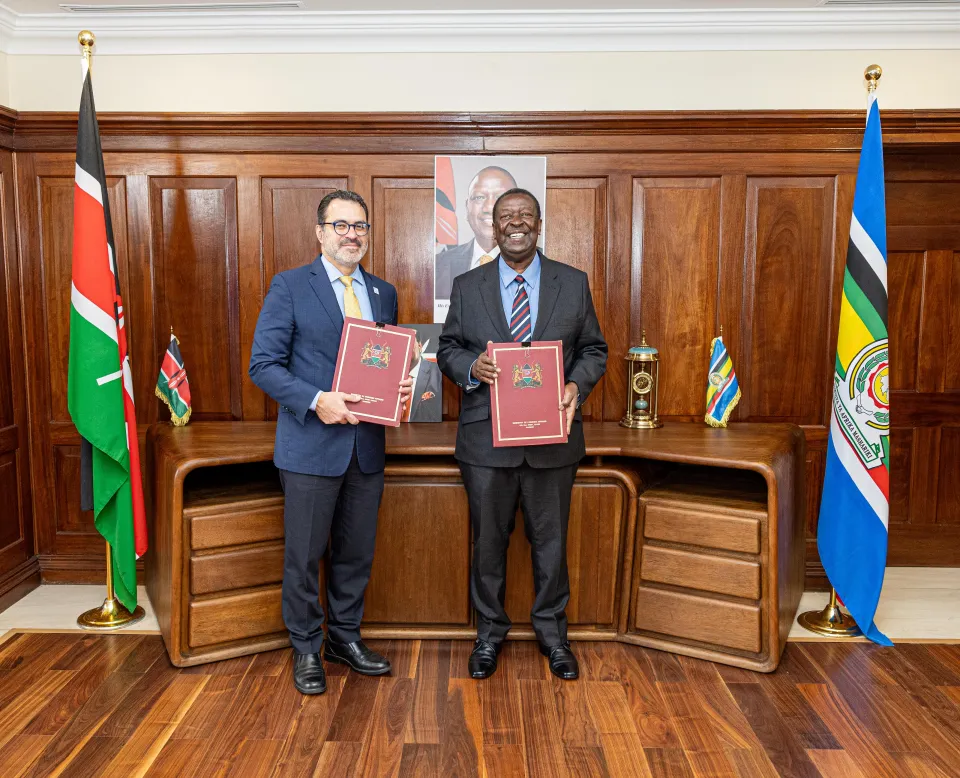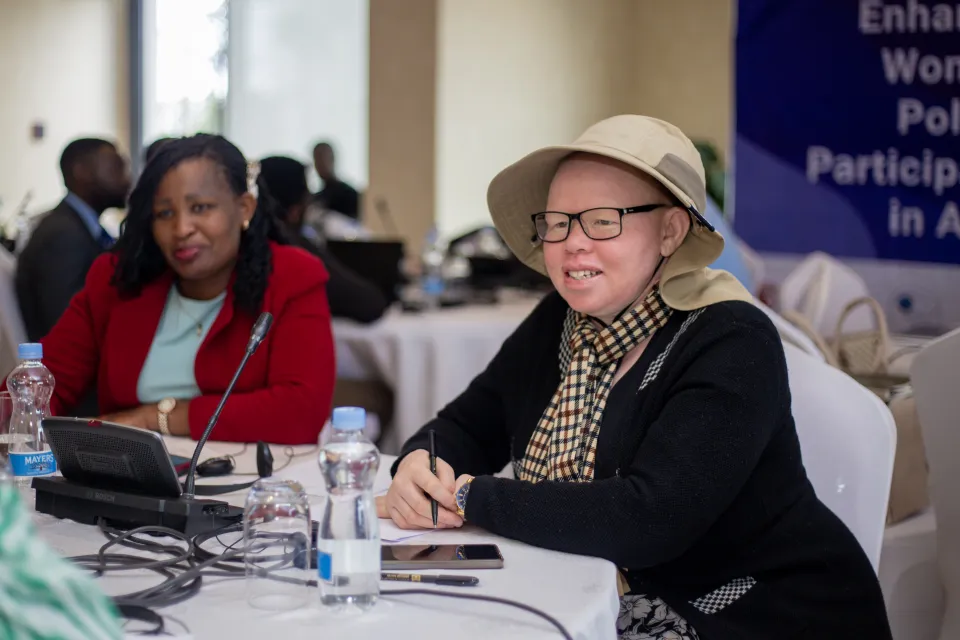Democracy-building in conflict-affected and fragile states: the role of the African Union
The African Union (AU) has made considerable strides in its efforts towards democracy promotion and peacebuilding since 2000, when it adopted its Constitutive Act.
This Act brought about an interesting paradigm shift away from the doctrine of non-interference to one of paying attention to human rights abuses within its member states.
As a result, the AU has evolved a robust normative framework that has been instrumental in assisting most of its member states emerging from protracted war and violent conflict. Three parts of this framework are worth mentioning: the 2003 African Peer Review Mechanism, the 2006 African Union Post-Conflict and Reconstruction and Development policy framework, and the 2013 African Development Bank’s High-Level Panel report on fragile states.
This Discussion Paper argues that the real value of these normative frameworks does not lie in AU member states signing up to these norms alone. Instead, it is to be found in political commitment and policy reforms through effective implementation of these norms at the national level.
Details
Contents
Introduction
1. The African Peer Review Mechanism
2. The African Union’s Post-Conflict Reconstruction and Development Policy Framework
3. The African Development Bank’s Report on Fragile States in Africa
4. Prevention of election-related violent conflicts
5. Combating unconstitutional changes of government
Conclusions and recommendations
References and further reading
About the author
About International IDEA
About the Inter-Regional Dialogue on Democracy
Give us feedback
Do you have a question or feedback about this publication? Leave us your feedback, and we’ll get back to you
Send feedbackDemocracy-building in conflict-affected and fragile states: the role of the African Union
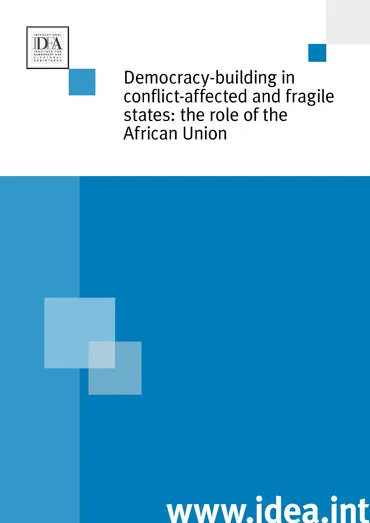
| Total views | 4418 |
|---|---|
| Downloads | 11 |
| Rating |
Give us feedback
Do you have a question or feedback about this publication? Leave us your feedback, and we’ll get back to you
Send feedback